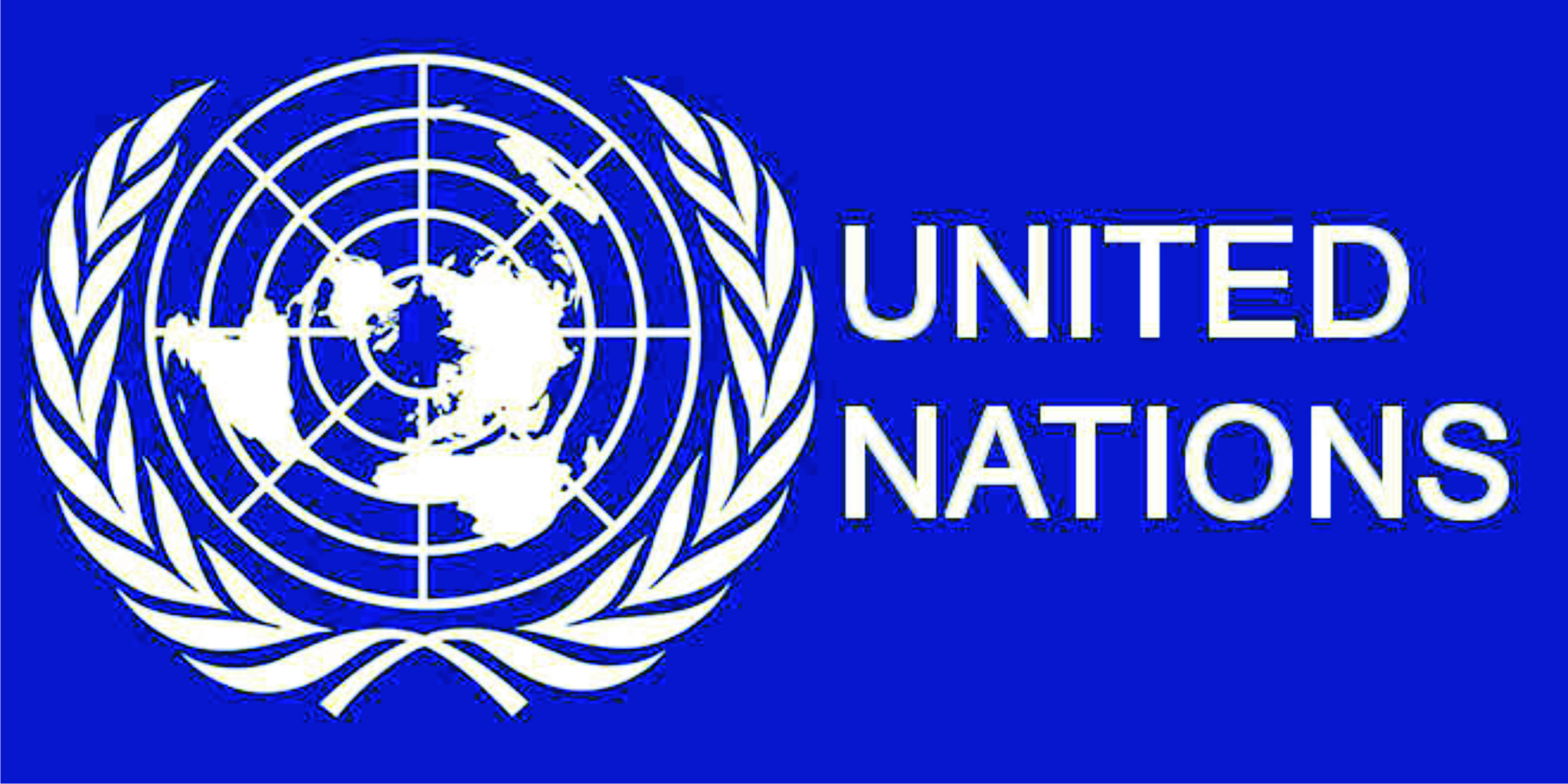Editorial
Combating Rising Suicide Rate

Recently, a 45-year-old father of three, Emmanuel Eze, was reported to have committed suicide at his Umudiaka home in Nsukka Local Government Area of Enugu State.
Eze, a revenue collector at the Local Government-owned livestock farm at Ikpa Market was said to have hanged himself inside an uncompleted building without leaving a suicide note.
The case of Eze is just one of several cases of people taking their own lives for diverse reasons, as revealed recently by the World Health Organisation (WHO) that one person commits suicide globally every 40 seconds is not just alarming and frightening but a curious shock to mankind.
Perhaps that informed the reason why the United Nations (UN) declared September 10 every year as World Suicide Preventive Day to sensitise the global community on what is clearly considered in certain quarters as a clear and present danger to humanity.
Statistics from WHO indicated that about 800,000 people die yearly to suicide globally, the second leading cause of death among young people aged 15-29 years, after road mishaps and accidents.
The global suicide watchdog, the International Association for Suicide Prevention while commemorating the event explained that the main aim and focus of epoch is to highlight the most essential ingredients for effective global suicide prevention and to encourage people to spread awareness about suicide prevention.
WHO’s Director General, Dr Tedros Adhanom Gbebreyesus, reportedly enthused while celebrating the day that “every death is a tragedy for family, friends and colleagues” but suicide appears to be more tragic than other deaths, yet suicides are preventable.
Gbebreyesus noted that the right path to follow would be for all countries to incorporate proven suicide prevention strategies into their national health and education programmes in a sustainable manner and process.
The Tide notes that suicide cases involve the youths mainly while 79 percent of world’s suicides occurred in low and middle-income countries. Suffice it to say that high-income nations had the highest rate at 11.5 per 100,000 persons.
Gladly, despite efforts at national, regional and global levels to curb the menacing trend in suicide rate, Facebook had joined the advocacy in reducing the anomaly. The social media platform announced changes to its policies that are geared towards improving how it handles suicide and self-injury content, which includes a new suicide prevention page that features resources for those going through difficult times.
Besides sectoral efforts to address the global challenge, we think that a more holistic approach is required to stem the trend. Government at various tiers must do the needful by striving to provide the basic necessities of life for the populace, especially the youths who tend to take their lives due mainly to frustration.
Moreso, the family system and pattern need services overhaul. A situation where parents abandon the home, the nucleus of the society, is indeed impacting negatively on the children who are left alone without parental guidance, supervision and direction.
It is our candid opinion that religious bodies and other stakeholders should play critical roles in inculcating the right values and norms in children. The present young generation should not be subjected to excruciating experiences in which they are left with no other option than to contemplate suicide or self-inflicted injury.
Suicide is preventable and could be curbed, if not completely stopped, if only all stakeholders – parents, schools, churches, government, non-governmental organisations, the media, counsellors, among others do the needful by showing love, care and compassion to the youths, particularly the needy or those in very dire situations.
Any society that does not empathise and care for the less privileged ones is not worth its onions and except and until people begin to look out for one another, society may continue to record more suicide cases in future.
The Tide implores those contemplating suicide to have a re-think because, perhaps, except death, all other human challenges have solutions, one way or the other. It is, indeed, only death that has no option and, therefore, cannot be the path to follow. There is always light at the end of the tunnel.
Society should muster sufficient will power to deal with life stresses emanating from financial crisis, relationship break-up or chronic pains and illnesses most of which originate from disaster, conflict, abuse, loss, sense of isolation or discrimination which are associated with suicide behaviour.
Self-poisoning with pesticides, firearms, hanging and consumption of chemical substances and self medication are among the commonly used suicide methods and the media must join in the advocacy to report responsibly the implications of such self-inflicting tragedies.
It is our view that surveillance and monitoring of suicide behaviours will go a long way in meeting the global target of reducing the suicide rate.
Editorial
HYPREP And The Collapsed Water Tank

Editorial
Resurgence Of Illegal Structures In PH
Editorial
Certificate Forgery, Loss Of Public Trust




